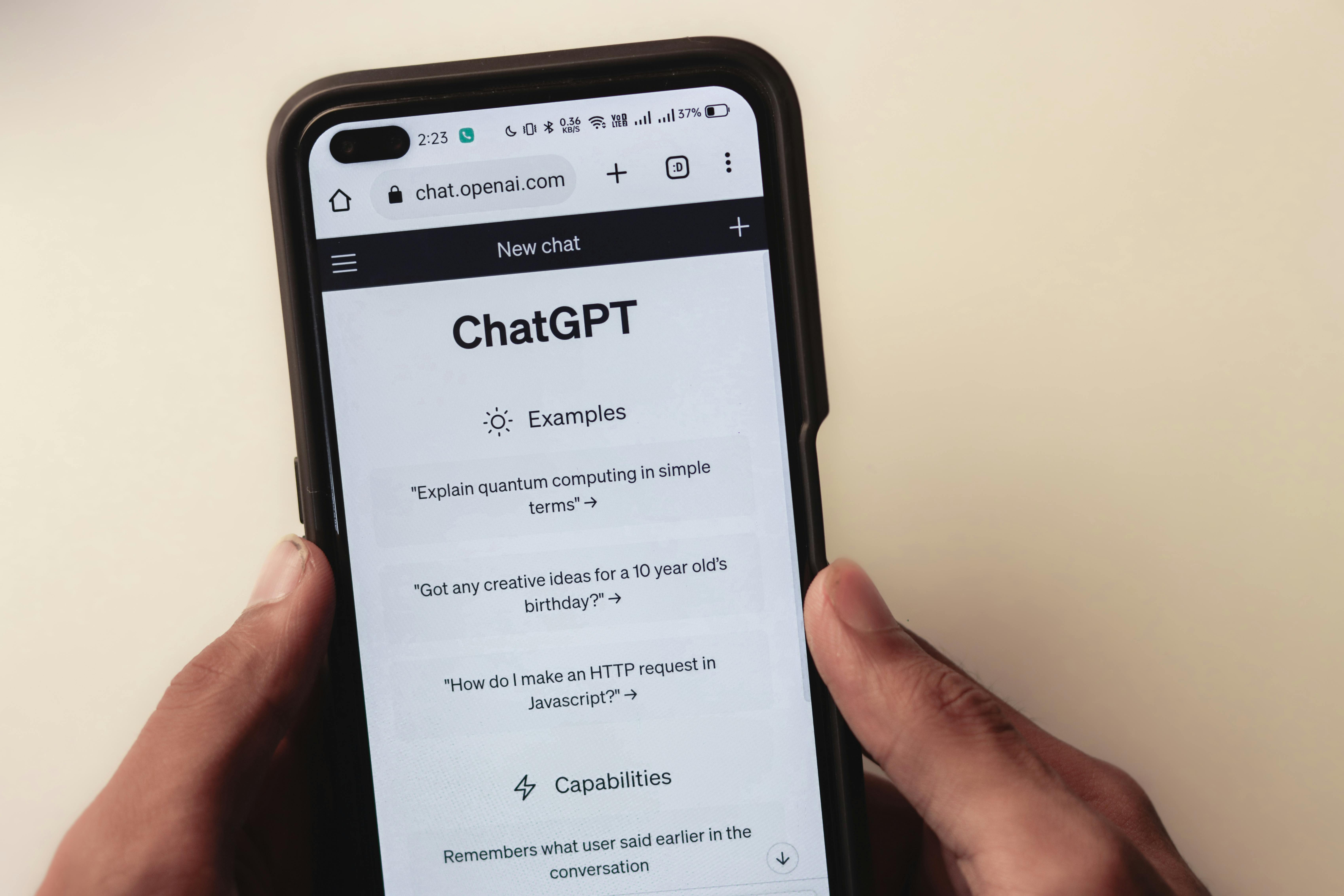2Laravel Today: Is It Still the Best Choice2222?22
Laravel Today: Is It Still the Best Choice?
The persistent and often intricate deliberation surrounding the optimal selection of technological frameworks for sophisticated web application development invariably encompasses prominent contenders such as Laravel, an open-source PHP-based ecosystem celebrated for its elegant syntactic structure and comprehensive array of integrated functionalities, thereby necessitating a meticulous and nuanced examination of its intrinsic architectural merits, prevailing operational advantages, and any potential countervailing considerations to definitively ascertain its overall "goodness" and pragmatic suitability within the relentlessly evolving and highly competitive domain of modern software engineering, where paramount importance is consistently placed upon achieving superior development efficiency, robust application scalability, and long-term system maintainability to meet diverse business objectives and user expectations across a multitude of digital platforms and increasingly complex project scopes demanding versatile and dependable foundational technologies.
Unpacking Laravel's Core Strengths and Developer-Centric Philosophy
Laravel's widespread adoption and sustained popularity within the global developer community are substantially rooted in its meticulously engineered architectural design, which prominently champions the Model-View-Controller (MVC) paradigm to ensure a lucid separation of concerns and enhance code organization, coupled with an exceptionally expressive and intuitively comprehensible syntax that significantly elevates code readability and simplifies maintenance efforts over the application lifecycle, further augmented by powerful integrated tools such as the Artisan command-line interface, which automates numerous routine development tasks, and the sophisticated Eloquent Object-Relational Mapper (ORM), facilitating seamless and remarkably elegant interactions with underlying database systems, all converging to cultivate a highly productive, streamlined, and genuinely enjoyable development experience that empowers programmers to construct complex, feature-rich applications with demonstrably greater velocity and diminished cognitive friction.
The Expansive Ecosystem, Rich Built-in Features, and Vibrant Community Support
Beyond its inherent structural elegance and developer-focused ergonomics, the perceived and actual "goodness" of Laravel as a premier web development framework is profoundly amplified by its extraordinarily rich and continuously expanding ecosystem, which not only includes a plethora of official packages like Forge for streamlined server provisioning and Vapor for efficient serverless deployments but also provides an extensive suite of built-in functionalities addressing common requirements such as sophisticated routing, robust authentication, versatile caching, and effective queue management, all meticulously documented and vigorously supported by a vast, active, and exceptionally collaborative global community of developers who consistently contribute through forums, comprehensive tutorials, open-source projects, and timely framework updates, thereby ensuring that practical solutions to emergent challenges are readily accessible and that the framework itself remains at the vanguard of contemporary web development innovations and best practices.
Key Strategies for Maximizing Laravel's Potential in Application Development
To effectively harness the comprehensive suite of capabilities and unlock the full efficiency potential inherent within the Laravel framework, development teams are strongly encouraged to strategically adopt a series of well-defined approaches and adhere to established best practices that are intrinsically aligned with its core design philosophy and conscientiously leverage its extensive feature set, thereby facilitating the systematic creation of web applications that are not only highly maintainable and exceptionally scalable but also demonstrably robust and secure, ensuring they meet rigorous modern technological standards while consistently delivering superior user experiences and maximizing the tangible return on investment derived from selecting this particular technology stack for a diverse array of projects, irrespective of their individual scale or underlying domain complexity, through a disciplined focus on a structured, informed, and agile development process that takes holistic advantage of the numerous tools and established conventions thoughtfully provided by the framework's architects and its supportive community.
Comprehensively embrace the expressive power and relational mapping capabilities of the Eloquent ORM for virtually all database interactions, diligently leveraging its fluent interface, sophisticated relationship management features, and efficient eager loading mechanisms to compose clean, highly readable, and performant data access layers, which effectively abstract the complexities of raw SQL queries and substantially reduce the likelihood of common database-related vulnerabilities while simultaneously enhancing overall developer productivity and simplifying long-term code maintainability across the entire application's evolving lifecycle.Consistently and proficiently utilize the Artisan command-line interface, an indispensable and powerful utility deeply integrated within the Laravel ecosystem, for executing a broad spectrum of essential development and administrative operations, including the rapid generation of boilerplate code for controllers, models, migrations, and seeders, the streamlined execution of automated tests, the efficient management of background job queues, and the precise clearing of various application caches, thereby significantly streamlining common repetitive workflows and promoting strict adherence to established framework conventions, which ultimately accelerates the overall development cycle and ensures a high degree of consistency and quality throughout the project's duration.Thoroughly master and judiciously apply the versatile features of the Blade templating engine, employing its intuitive and concise syntax for advanced template inheritance, dynamic sections, reusable components, and custom directives to construct clean, modular, and easily manageable view logic, thereby effectively decoupling presentation concerns from the core application logic which, in turn, facilitates smoother collaboration between front-end designers and back-end developers while also significantly improving the overall structural organization, clarity, and maintainability of the user interface codebase for complex web applications.Proactively explore, evaluate, and judiciously integrate pertinent and well-maintained packages from Laravel's extensive official and third-party ecosystem to strategically extend the framework's core functionality and prudently avoid the unnecessary expenditure of resources on reinventing solutions for commonly encountered problems, such as implementing robust social authentication mechanisms, integrating diverse payment gateway services, enabling powerful full-text search capabilities, or scaffolding sophisticated API development infrastructures, thus allowing development teams to concentrate their efforts on delivering unique business value and innovative application features more rapidly by effectively building upon the collective wisdom and contributions of the broader global Laravel community.
Addressing Security Imperatives and Scalability Considerations
In an era demanding utmost digital fortification, Laravel proactively embeds robust security paradigms, offering comprehensive safeguards against prevalent web vulnerabilities such as cross-site scripting through diligent output escaping, inherent cross-site request forgery protection via automatic token verification, and significant SQL injection mitigation through prepared statements and the Eloquent ORM's abstraction of database queries, thereby substantially reducing the attack surface of applications and instilling confidence in the integrity of digital assets; this foundational security is complemented by Laravel's strong support for building scalable systems, equipped with advanced caching, message queues for workload distribution, and compatibility with horizontal scaling, enabling applications to effectively manage increasing traffic and data, contingent upon developers implementing sound architectural practices and optimizing resource utilization for sustained high performance under diverse operational demands.
In summation, the determination of whether Laravel stands as a "good" framework transcends a simple binary affirmation, instead revealing itself as a multifaceted evaluation contingent upon specific project requisites, the proficiency of the development team, and the overarching strategic objectives, yet its consistent evolution, comprehensive feature set, strong community backing, and emphasis on developer productivity and elegant code collectively position it as an exceptionally capable and highly commendable choice for constructing a wide spectrum of modern, robust, and scalable web applications, offering a sophisticated platform that empowers developers to build innovative digital solutions efficiently and effectively in today's competitive technological landscape.
Delve into an in-depth analysis of Laravel, a leading PHP framework, assessing its core strengths, extensive ecosystem, security provisions, and overall suitability for building modern, scalable web applications, providing developers with a comprehensive understanding of its capabilities and considerations for effective implementation.

